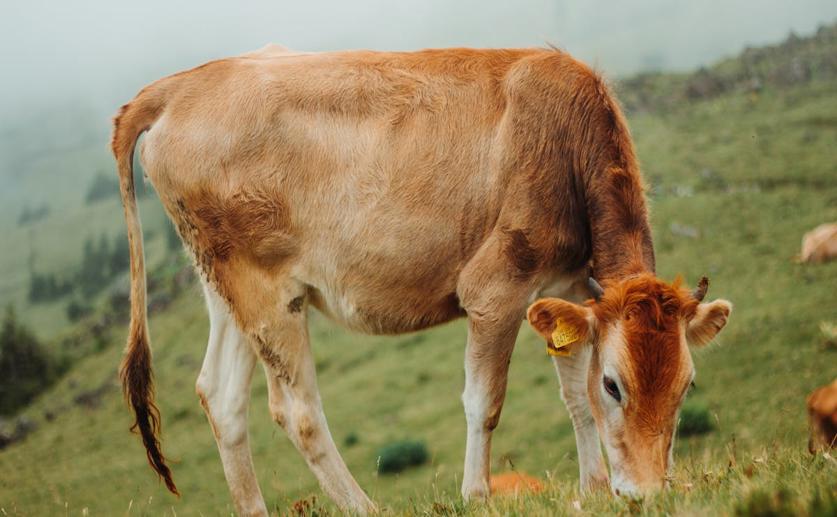
Probiotic Treatment's Effects on Gut Health in Calves With Diarrhea
Jim Crocker
6th April, 2024

Image Source: Vedat Kandemir (photographer)
Key Findings
- In Pakistan, a study found a probiotic can help calves recover from rotavirus-induced gut imbalances
- The probiotic, Limosilactobacillus fermentum, restored beneficial gut bacteria diversity in sick calves
- This treatment offers a sustainable alternative to antibiotics for managing calf diarrhea
References
Main Study
1) Impact of Limosilactobacillus fermentum probiotic treatment on gut microbiota composition in sahiwal calves with rotavirus diarrhea: A 16S metagenomic analysis study”
Published 4th April, 2024
https://doi.org/10.1186/s12866-024-03254-z
Related Studies
2) Rotavirus-mediated alteration of gut microbiota and its correlation with physiological characteristics in neonatal calves.
3) Modulating gastrointestinal microbiota to alleviate diarrhea in calves.
4) Prevalence of rotavirus (GARV) and coronavirus (BCoV) associated with neonatal diarrhea in calves in western Algeria.



 22nd March, 2024 | Jenn Hoskins
22nd March, 2024 | Jenn Hoskins